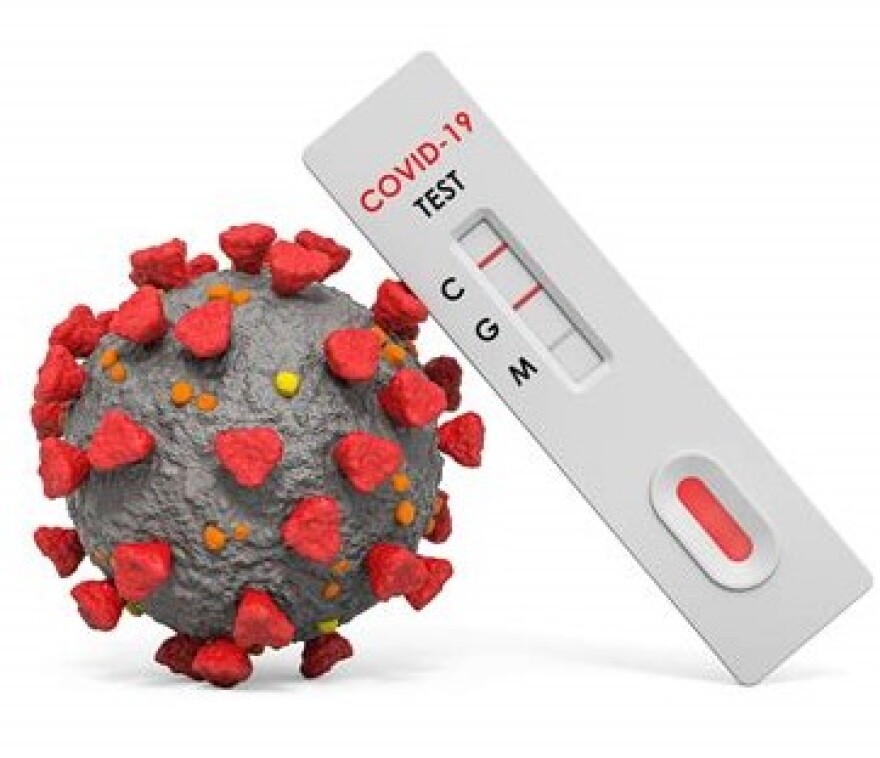Many people infected with COVID-19 are asymptomatic and can pass the virus along to others without ever knowing they had it.
So how can someone who never showed symptoms find out if they had the virus?
And if they did, does that mean their body is immune to contracting it again?
Coleman Cutchins says the answers to both of these questions are complicated. He's the lead pharmacist and COVID-19 testing coordinator with the Alaska Department of Health and Social Services.
"So the first part of it is, 'Do we know if I've been infected can I be infected again?' And the answer is we don't know. We don't know the clinical significance behind what antibodies even mean if we get a true positive."
And Cutchins says that second thing, getting an accurate test, is tricky too because antibody testing for COVID-19 is somewhat unreliable.
"They have varying degrees of false positives and false negatives. So what that means is you can get a positive serology test and have not been exposed to SARS-COVI-2 virus. Depending on which one it is, it can look for various markers on the shell of a virus, and those human coronaviruses can flag a positive."
According to the Centers for Disease Control and Prevention, at this point in the pandemic, serology, or antibody, testing is best used for understanding how the virus has impacted a larger group of people and is more effective in areas with high rates of community spread.
Still, for individuals, Cutchins says most clinics can start the process of a serology test by collecting a sample and sending it to lab, and there are also rapid tests. He says people interested should first ask their medical provider.


